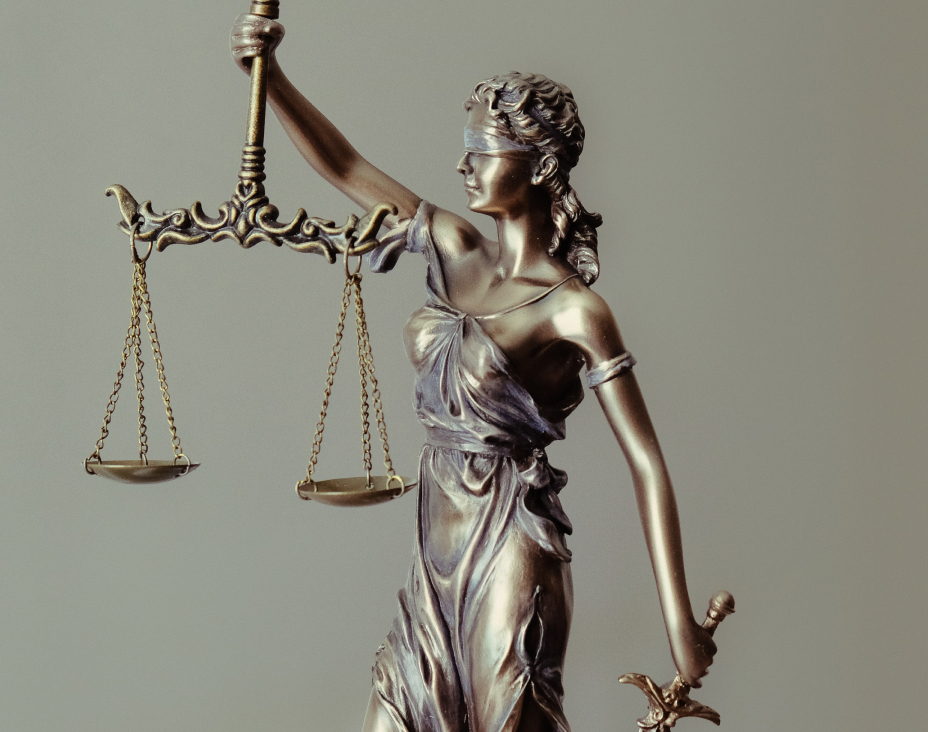Safety to woman - We are still fighting to get

We finally got justice after fighting 5 years in 1 case. There are many in Queue???
RApes
Rape is one of the most heinous crimes, reflecting deep societal flaws, gender inequality, and a failure of governance. In India, incidents of rape have brought both national and global attention to the country’s struggle with gender-based violence. According to the National Crime Records Bureau (NCRB), thousands of rape cases are reported in India annually. However, experts believe that many cases remain unreported due to fear of societal stigma, lack of trust in law enforcement, and victim-blaming.
Harasment
Sexual harassment, particularly against women, is one of the most widespread forms of abuse. It occurs in workplaces, streets, public transport, and even online. Landmark cases such as the Vishaka case in 1997 have paved the way for legal frameworks like the Sexual Harassment of Women at Workplace (Prevention, Prohibition, and Redressal) Act, 2013. Despite this, cases of workplace harassment and incidents like catcalling and groping in public remain alarmingly high.
Injustice
Injustice, in its myriad forms, is a pervasive issue that undermines the principles of equality, fairness, and dignity in society. In India, a country with immense cultural diversity and socio-economic disparities, the fight against injustice is both a historical struggle and a modern challenge. Women and LGBTQ+ individuals frequently encounter discrimination, harassment, and violence. From unequal pay to honor killings and domestic violence, gender-based injustice perpetuates inequality and oppression.
Murder
According to the National Crime Records Bureau (NCRB), India reports thousands of murders annually. While the number of recorded cases fluctuates each year, the underlying factors often remain consistent—personal enmity, property disputes, honor killings, dowry-related violence, and crimes of passion. However, what is striking is the stark variation in murder rates across states. States like Uttar Pradesh and Bihar often report higher numbers, which are sometimes linked to dense populations and socio-economic disparities.
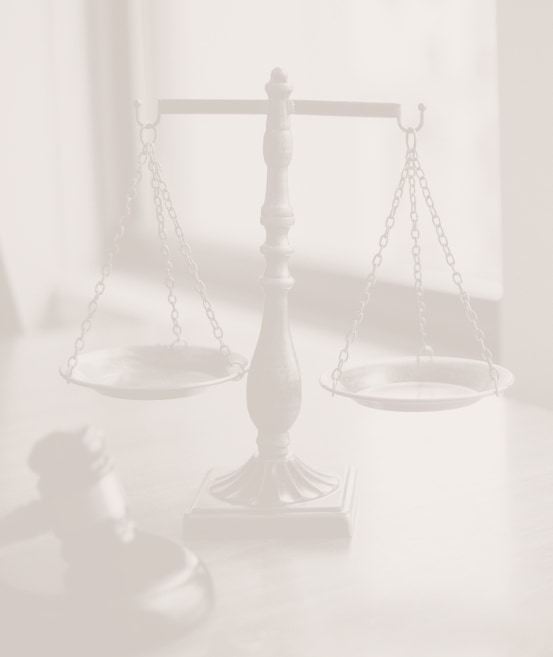

The Law
The Nirbhaya Jyoti rape case, which occurred in December 2012 in Delhi, led to widespread outrage across India and prompted significant changes in the country’s laws related to sexual violence. The changes aimed to make the legal framework more stringent to better protect women and ensure that offenders were punished more severely. Here are the key legal changes…
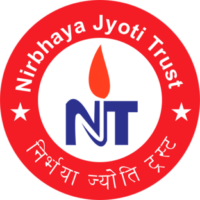
The trust
Nirbhaya Jyoti trust
The Nirbhaya Jyoti Trust was established in memory of the young woman who became widely known as Nirbhaya, a name that means “fearless.” Her tragic and brutal gang-rape in December 2012 in Delhi, India, sparked national and international outrage, leading to widespread protests and demands for stronger laws to protect women. Her struggle and subsequent passing became a rallying cry against gender-based violence in India and around the world.
The Trust was founded by Nirbhaya’s parents, Asha Devi and Badrinath Singh, with a mission to support women who have been victims of violence. The Trust aims to provide a range of services to survivors, including medical assistance, legal aid, counseling, and rehabilitation. It seeks to empower women to reclaim their lives and move forward with dignity and strength.
Founder
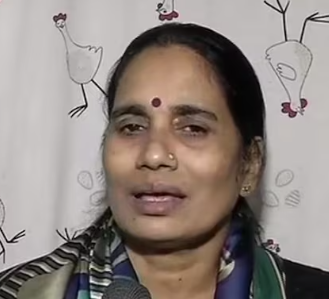
Mother of Jyoti
Asha Devi
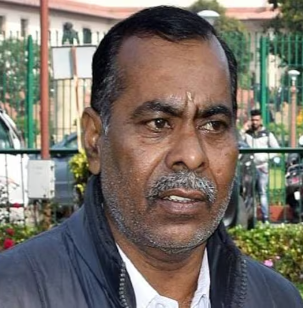
Father of Jyoti
Badrinath Singh
Justice For All
This concept is foundational to many democratic societies and is often reflected in legal and constitutional frameworks. “Justice for All” aims to address and remedy historical and ongoing inequalities, such as racial, gender, and economic disparities. It seeks to provide an inclusive environment where no one is above the law, and no one is denied the protection or opportunities that the law affords.
